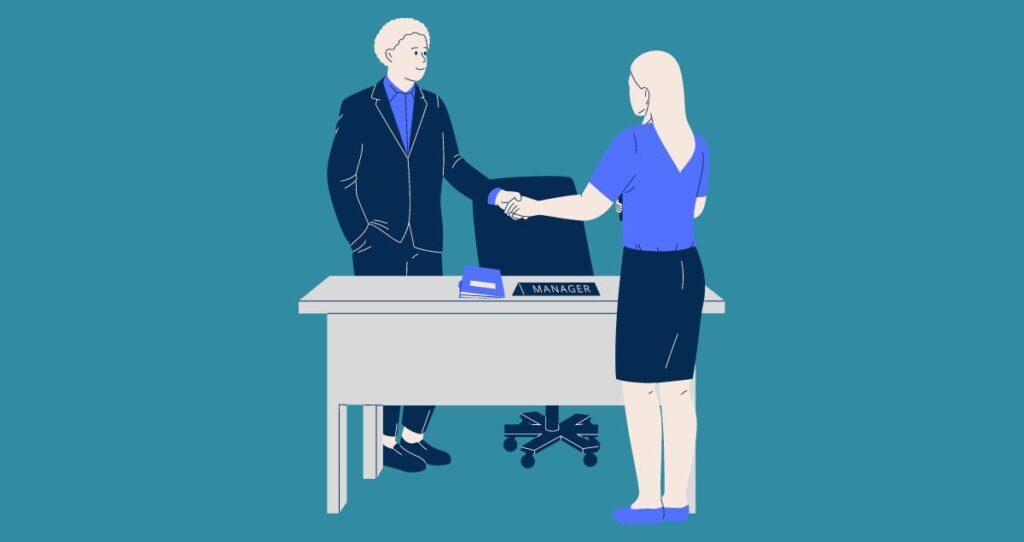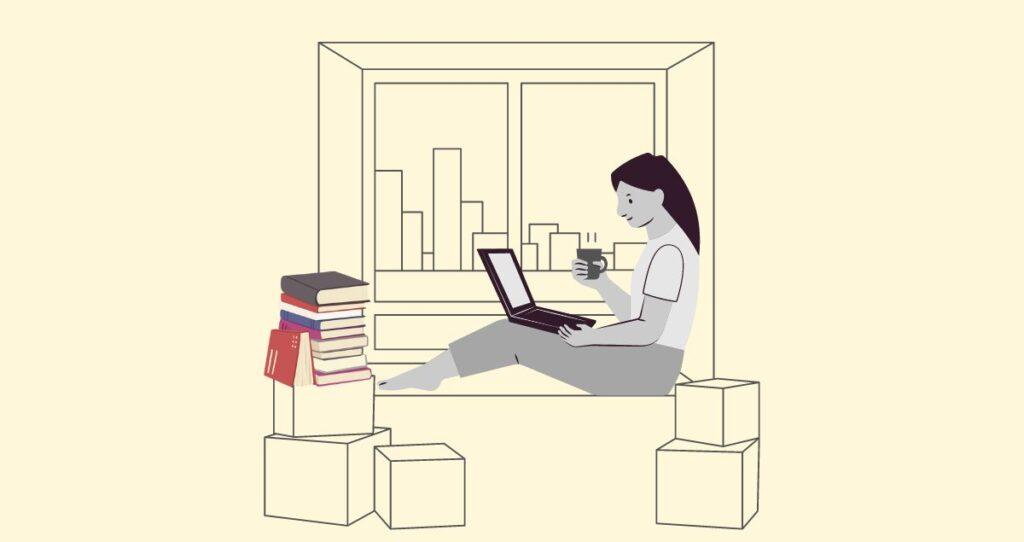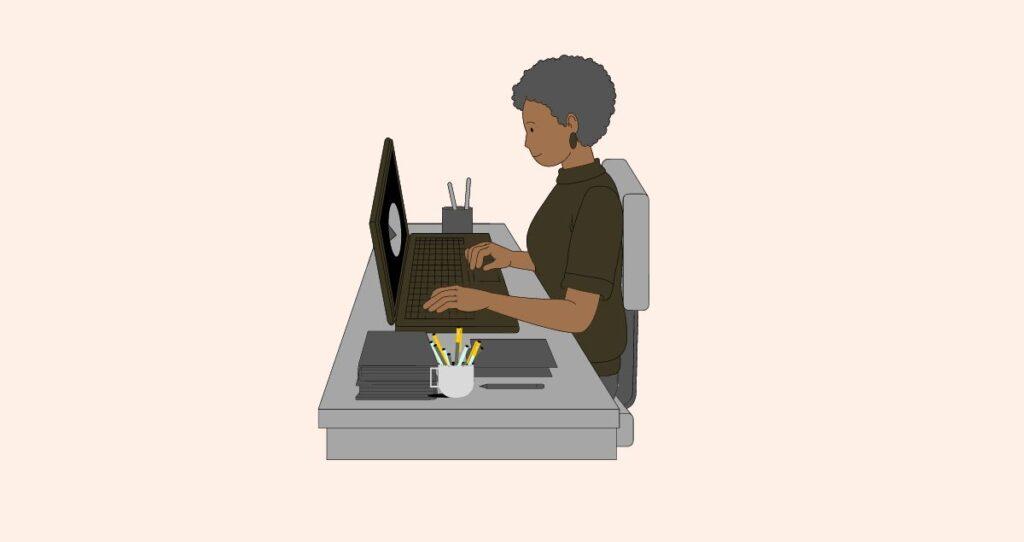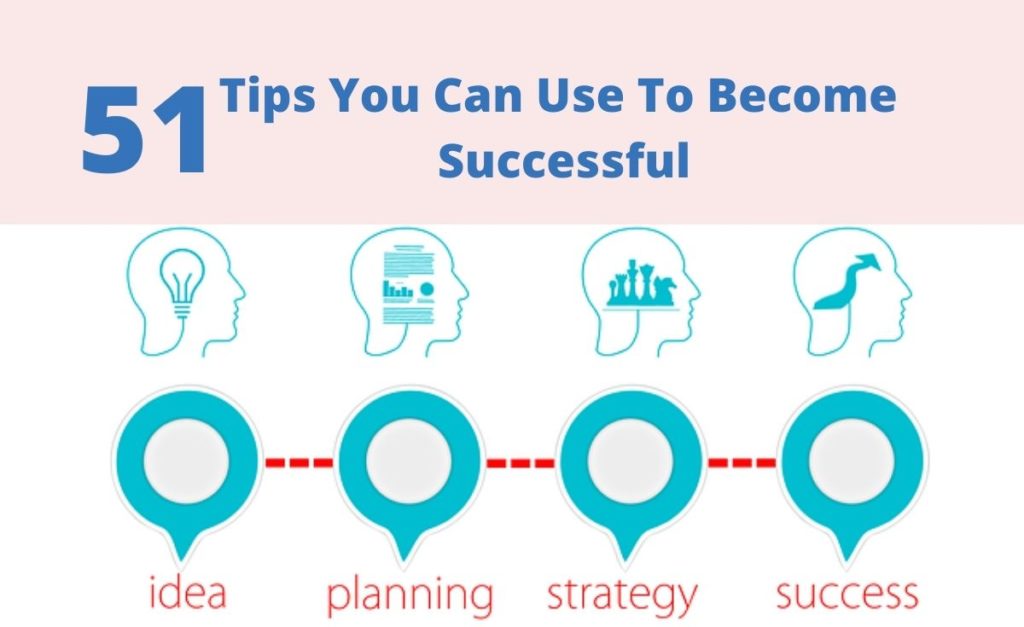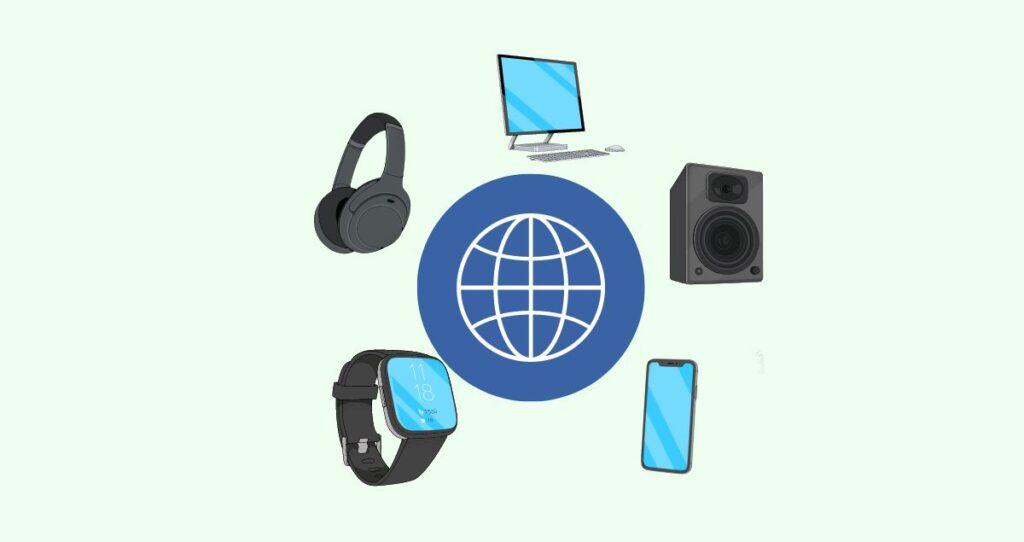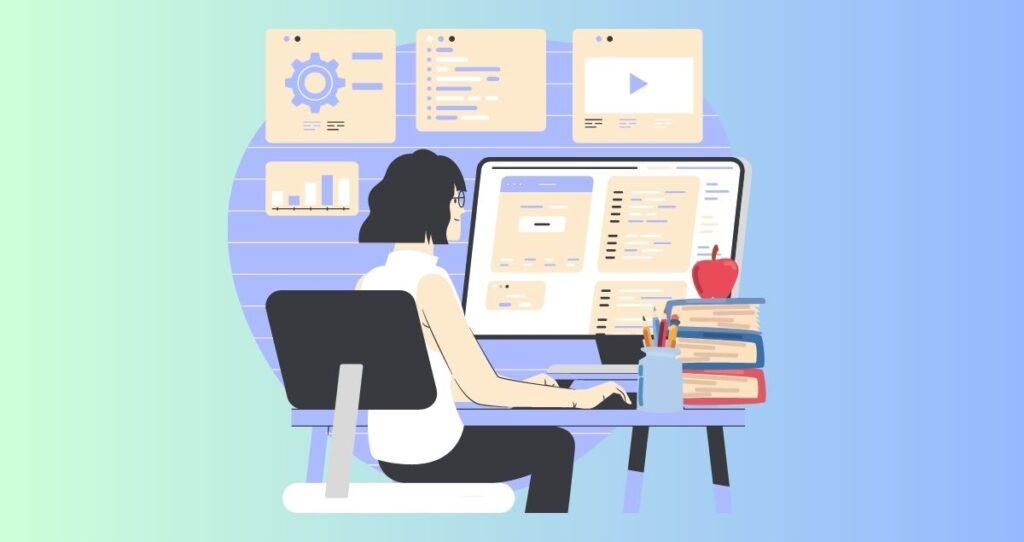Losing your job can be a challenging experience, leaving you feeling unsure and anxious about the future. Regardless of how you lost your job, it can still be a shock to your system and cause feelings of fear and insecurity. The end of one career, however, can be the beginning of a new and happier one. With the right approach, you can use this difficult experience to get back on track and potentially find a job that is more in line with your interests and career goals.
In this article, you’ll learn 17 effective steps you must take to reboot your career, including updating your resume, identifying your skills, connecting with professionals in your industry, and leveraging the power of networking. We will also discuss strategies you can use to build financial resilience and craft a future that is independent of your job.
Without further ado, the following are the things you must do when you lose a job.
1. Don’t panic
Getting fired or laid off from your job can be a shock and it is important to take the time and process what just happened. The last thing you need to do after losing your job is to panic. Everything in this life has its beginning and its end. So, is your job. If you just lost your job, keep yourself together and process your thoughts.
Panicking will make your problems much worse. Some people go insane by overthinking about the loss of their jobs. You don’t want to lose your job and mind at the same time. A clear head will keep you steady and help you navigate the unemployment phase with ease.
2. Make a list of your priorities
Make a list of your top priorities in order to put your focus into action. This could include writing down a list of your goals, necessary work to find a new job, and other important tasks.
Losing a job also means that the things you wanted to buy such as a new car or home renovations are no longer relevant for the time being. These could be your long-term goals after securing a new job and recovering from the layoff. Now, it is important to focus on the things that matter the most and put them on top of your list.
3. Evaluate your current financial situation
Losing a job could mean a major blow to your finances and the security of your life as you know it. For example, if you lost a job and have a mortgage, you could easily default on your loan.
So, after losing your job, evaluate your finances. Where do you stand? Do you have enough cash to cover your short-term expenses such as food, phone bills, mortgage, rent, insurance, etc? I am assuming that you have an emergency fund to cover your expenses for at least 3 to six months.
But, if you don’t have an emergency fund or enough savings, we will go over some of your options in the following few paragraphs.
What to do when you lose your job with enough savings?
If you have enough savings (which I assume you do), you probably don’t need to worry about where your next meal is going to come from. But, since your emergency fund or savings will not last forever, it is important that you act fast. Acting fast means that you get on to finding another job as fast as possible.
Depending on how much savings you have, you might need to take your time to land a gig that is in the same career direction. But, if you don’t have a lot of savings, it might be a good idea to find something to start with. Again, your main goal here is to avoid depleting your emergency fund.
So, don’t just sit and relax because you have an emergency fund. Instead, use that time to do some serious job hunting until you find something.
What to do when you lose your job without savings or an emergency fund to rely on?
I hate to tell you this but if you lost your job without an emergency fund, you are in more serious trouble than your thought. Losing your job means that your paycheck is no longer going to show up. But, your expenses are going to be there. That is your rent will soon be due, and you must eat, pay your bills, etc. In other words, you need to take action now.
Don’t be scared yet. If you don’t have savings and you just lost your job, your next step is not to worry about your career that is just ended. You are not in a position of saving your career. Instead, you should worry about eating and paying your short-term liabilities such as mortgage payments, car loans, credit card minimum payments, etc.
That is you need to find some form of employment. Don’t be picky.
Where should you start? Should you work at your local grocery store, a nearby restaurant, or a clothing store? I don’t care if you are pushing poop from point A to Point B to get paid. All you have to do after losing a job without savings, you need to find some form of employment. Remember, you must get paid by the end of the month. Otherwise, you might be kicked out of your apartment, default on your loans, and go hungry. If this happens, it will be the end of your financial security as you know it.
4. Immediately talk to your lenders and apply for hardship programs they have
This is probably the most important step for those with mortgages, loans, and other forms of credit accounts. Trust me. Talking to your loan servicer and mortgage provider is the most important step to take when you lose your job.
The moment you learn about possible financial hardship such as a loss of a job, it is the time you talk to all of your loan providers about changes in your finances. Again, you don’t want to fall behind on your loan payments.
Since you lost a job, there is no guarantee that you will land another one and get paid enough money before the end of the month. So, to avoid defaulting on your loans, talk to your lenders ahead of time and apply for any hardship programs they have. For example, you can apply for a loan modification or pay interest only until you land another job. Your lender might also design your monthly payments based on what you can afford for the time being.
But, in order to strike a deal with your lenders, you need to talk to them after learning about a loss of a job. Taking care of this step will mean the world to your finances.
You can also apply for a deed-in-lieu of foreclosure to avoid foreclosure.
Whatever payment plan you qualify for, you can catch up later after landing another job.
5. Apply for federal or state unemployment benefits
If you are not sure when you will land another job, it is important to apply for state and federal unemployment benefits. The sooner you get these benefits secured, the better.
6. Update your resume
Now that you have lost your job, the next thing on your mind is to apply for another job. But, depending on how long ago you updated your resume or how long you have been in your former job, a lot has changed.
The same resume you submitted to your job 5 years ago is no longer up to date. That is the things you wrote on your resume are no longer relevant. You also built enough work experience and learned new skills that can be marketed on higher jobs or similar jobs. The experiences you gained could also be transferred to other industries.
So, updating your resume is the most important step to take after when you lose a job. You need to submit a well-updated and well-written resume. You should also remove old and irrelevant experiences from your resume to stand out.
7. Update your cover letter
Just like your resume, your cover letter also needs a little bit of makeup. From the time you started your old job to now, so much has happened. Go ahead and reflect all those accomplishments on your cover letter and have it professionally written. Again, you want to stand out among other applicants for any job you will apply for.
8. Get your references ready
After losing your job, you will not be in a condition to leave anything to chance. You need to make sure that every step you take is well-thought and that you have done your homework. One step you need to take is to get your references ready. Just because your bosses laid you off, it does not mean they will not write you a good recommendation. Of course, it depends on the nature of your layoff.
Most jobs require 3 references. But, secure at least 4 references. Go ahead and secure their numbers, email address, and office numbers. Also, let your references know ahead of time that you will be using them in your job search.
9. Build your connection, network, and attend hiring events, and job fairs
Networking is the best way to learn about your industry, who is hiring, what job they are hiring for, and where your industry is heading. One of the most important things to do after losing your job is to network.
You can easily join LinkedIn to build your connections. Talk to hiring managers, supervisors, and hiring agencies in your area of focus. Even if they don’t have a job, they might be able to refer you to their friends, etc.
Companies are always hiring and attending hiring events and job fairs can be a great way to get your foot into the door. Search the internet, newspapers, and social media pages to find any job posting that catches your eye. Depending on where you stand financially, you might not have the luxury to be picky. But, if you have enough savings, then take your time and find something relevant.
You should also talk to friends and family members about who is hiring. If their companies are hiring, they might easily help you land that first gig after losing a job. Get yourself out there and be vulnerable. It might be difficult at first to admit that you are at the low end of the ladder. But, it will soon be worth it after getting your foot in the door.
10. Apply to as many jobs as you can that you qualify for
To get another job, you need to apply to as many jobs as possible. Always read the job descriptions and only apply to jobs that you qualify for. You should also keep in mind that it might take a lot of applications before you can land your first interview.
Once you’ve updated your resume, reach out to your professional contacts or connections via email or social media. Ask for advice or for help with job leads.
I have friends who applied to more than 100 jobs before they land their first interviews and jobs. Don’t be discouraged if your applications are being turned down. Your time to shine is coming. Just keep applying. Never stop until you have landed another job.
11. Work on your interview skills before landing a job
Many people don’t understand the importance of preparation. No matter what you want to achieve in life, preparation is the key to success. If you lost your job, you need to practice your interviewing skills before landing one.
Jeff Bezos once said, ” Never chase the hot thing whatever it is. That’s like trying to catch the wave and you’ll never catch it. You have to position yourself and wait for the wave.”
What does this wave mean in your case? Let’s focus on the last part of the quote. “You have to position yourself and wait for the wave”. That is all you need. What this means in your case is that you need to prepare yourself for the interview, do your research, and get ready for the interview. Why? Because you will be ready when the interview finally comes.
You don’t want to start preparing for your interview or learning how to speak and review your resume after your interview has been scheduled. If you need to get a job bad enough, you need to prepare yourself ahead of time and ace the interview when it comes.
12. Downsize and start living below your means
The next thing to do after losing your job is to downsize. Now that your cash cow is gone, this is not the time to keep all your entertainment, unnecessary subscriptions, random expense, etc. In addition, you need to stop shopping for random things. If you don’t need something, it is not a time to buy it.
You need to cancel most memberships and leave only things that you need.
Things you need include food, health, and living expenses. That is it. Anything beyond these three should not stay on your list. What expenses should you really keep on your list after losing your job?
Right after losing your job, try to lower your expenses. Keep in mind that your list will differ from mine or your neighbor’s due to different financial stations. The following are some of the things you should leave on your list right after losing your job.
- Rent/mortgage payments and utilities
- Food (only buy generic brands)
- Phone bills
- insurance(medical, dental, car, etc)
What expenses should you get crossed off after losing a job?
After losing a job, downsizing should be the next thing in mind. But, what expenses should you cancel when you lose a job? The following are some of the expenses you should eliminate immediately after losing your job. Note that these expenses will depend on where you stand financially. We know you just lost your job. But, you might have enough savings to last you long enough until you have secured another job.
- Movie subscriptions
- Restaurant/eating out schedules
- Streaming services
- Newsletter subscriptions and other entertainment services
- Workout memberships
- Events memberships
13. Stop using your credit cards
If you have a lot of credit card balances, you probably need to stop using them for a while to avoid accumulating more debt. Again, credit cards are only helpful if you can use them and keep your balances low or pay them off 100% every month. That is it is best practice to never carry credit card balances if you can.
So, losing a job means that you don’t have a paycheck anymore. Therefore, any credit card expenses will be carried over to the following payment period. Why should you avoid using credit cards when you don’t have a job to pay off your balances?
Because credit cards and other revolving personal lines of credit come with some of the highest annual percentage rates (APRs) in the lending industry. According to creditcards.com, the average APR on new credit card accounts is a whooping 20.35% in March 2023. Think about paying 20.35% on your credit card balance so that you can go shopping without a job to pay it off! In addition, most credit cards come with compound interest. Meaning that you will pay interest on interest which will grow your debt exponentially if you don’t take action.
But remember? You cannot take action because you don’t have a job. Accumulating credit card debt will land you in a much deeper financial hole than just losing a job. So, start using cash and consider a revolving credit account as the last option after all your savings run dry.
14. Liquidate some of your assets to downsize and raise cash
This is probably something you don’t want to hear. But losing your job with no green light in sight means that you are not in a position to keep multiple cars and pay insurance, repair, and gas when you are no longer making money. It would not make sense to use your credit cards or take out a short-term loan when you have equity sitting in cars you are not using.
So, before you borrow money to cover your expenses after losing your job, think about downsizing. Use your idle assets first before you accumulate debts. It is easier to spend your own money than someone else.
15. Move in with your parent’s home/friends’ home, etc
Most people don’t want to hear this but moving in with your family members, parents, friends, etc is a wise choice after losing your job. If you don’t have the financial means to keep up with your monthly financial obligations and have not landed a job yet, you need to figure out a way to temporarily live for free. That is crashing on your friend’s couch or parents’ spare bedroom is an excellent option.
So, put your pride aside and do what is necessary. Sometimes doing what makes you uncomfortable is part of growing up.
16. Keep trying and don’t give up
One of the worst weaknesses of people who get laid off is giving up before trying hard enough. Yes, losing your job can be devastating. But, a loss of a job is not the end of a career or the end of the world. You are still alive and there is someone out there who is willing to hire you.
I want to remind you that it might take a long time before you can secure another job. As long as you are still breathing, you can land another job. The last thing you want to do is to give up on a job search. So, keep applying and one day you will land your dream job. As long as someone is hiring, you are the right candidate for the job. This is the mentality that is needed when you are searching for a job.
17. Consider the Scope of Education & Training
Consider the scope of education, training, and skills you might need to stay competitive in your industry. Talk to counselors or career advisors to get an idea of the skills and qualifications employers will be looking for.
Yes, you have been working for a while, but now that you need to apply for jobs like everyone else, you might need to take some training courses. We are in an ever-changing world and the things you have been doing for the last 5 years might no longer be relevant for the current workforce. If there are skills you need to land a job in a particular industry, learn them. You can easily take free online courses in your industry, get some form of certification, etc.
18. Start working on your next big goal
Use this time to work on your next big goal. Losing your job can be an opportunity to pick something you love and enjoy doing. Some people end up starting their own businesses or retiring completely and traveling the world.
Did you ever want to start a business but could not because your job was standing in your way? Well, this is the time and you only have one shot. Aiming high can give you the motivation to keep going and create new opportunities for yourself and your loved ones.
How to secure financial security that does not depend on your job?
One of the big mistakes a lot of people make after landing jobs is to work like machines hoping to never get fired or laid off in the future. I hate to tell you this but no matter how good you are, you can still be fired. If the company is not making money, you can still lose your job. Your boss can even fire you not because you are not good but because he/she does not like you. In order words, you are expandable and can be fired at any time.
I am not telling you to not work hard and make a difference at your workplace. Instead, I am telling you to consider your job as a temporary thing that will not last forever. You have it today, but you might not have it tomorrow. Even if your job can last forever, why would you wish to work until you die when you could use your time doing things you love?
If you want to work for the rest of your life, that is fine. But, do so only because you are choosing to work and enjoying it. Build a life that will enable you to stay in the workforce or leave when you want. In addition, structure your finances in a way that your financial success, happiness, wellbeings, etc will not depend on showing up to work for the rest of your life.
Since your job will not last forever, how can you build a lifestyle and structure your finances in a way that even if you lose your job, your future will not be altered forever?
The following are tips you can use to strengthen your finances and design a future that does not depend on the job.
1. Excell at your job
This sounds like the normal rhetoric you hear from all over the place. But, the purpose of being good at your job is to make sure that you don’t lose it when you still need it. If you are not making a difference, then there won’t be a reason to keep you in the workforce. So, you need to be good enough to stick around for as long as you need it. Being lazy and the weak link in your team will not cut it.
2. Work on yourself harder than you do at your job
If you want to build a lifestyle that does not depend on the job, always put yourself first. Spend more time building strong habits and character that foster strengths, personal growth, strong ethics, and financial wellness. Work on yourself harder than you do at your job. Don’t put every little bit of energy that you have into your job and forget about yourself. You matter more than the job and your future depends on how well you take care of yourself.
Instead of going to work earlier, staying late, and fighting for overtime hours, use that time and energy to learn new skills, read a book, start a side hustle, learn the basics of finances, etc. This will benefit you greatly more than the extra bucks you are making in overtime.
3. Avoid the corporate ladder myth
Most people spend their entire lives trying to climb the corporate ladders and forgetting about living and building their futures. Although there is nothing wrong with applying for higher jobs that you qualify for, spending your life trying to be the next boss is wrong. People with these goals always get used and abused in the process of getting there or hurt others for the sake of promotions.
Always remember that your job is temporary no matter your title. That is why you need to position yourself as you will lose it tomorrow. What you do outside of your job is what will make the most difference in your life. So, focus on making yourself better instead of climbing the lather.
4. Create a budget and stick to it
Budgeting is probably the most important step in building financial resilience. You need to understand every dollar you make, where it is spent, and how much you are saving. If you don’t know how much you are making and what is draining your accounts, you are living in financial darkness.
Your budget will help you detect unnecessary expenses which are essential in cutting down your expenses.
5. Create an emergency fund
After landing a new job, divert a portion of your paycheck into an emergency account. You need an emergency fund just like you need air to breathe. Why an emergency fund? Because you can easily lose your job or encounter sudden expenses such as a costly medical bill, accident, etc. Without enough savings, you can easily default on your loans, become homeless in a matter of months, or fail to cover emergency expenses.
A good emergency fund should cover at least 3 to 6 months of your monthly expenses. This is enough time to figure out what to do with your life and job.
6. Live below your means
You probably heard of this before. But, whether you heard about living below your means 50 years ago or yesterday, it is still valid. All successful people understand and apply simple living habits in their daily lives. You can spend as much as you want after becoming wealthy. But, spending too much before you have made it means that you will never be financially independent. Those expensive cars, luxury homes, and gadgets mean you will need to work two jobs and work more than anyone else to keep up with that lifestyle. And if for some reason you end up losing your job, you will need to sell them to buy food. It is an inevitable fate.
To build financial resilience, buy only what you need and avoid costly products. Brand name products, luxury stuff, and unnecessary liabilities should be avoided. It is not about how much you make. What you keep makes all the difference.
7. Take advantage of retirement accounts and employer contributions
Depending on your employer and the type of benefits you have, you might qualify for 401(k) plans, 403(k plans, SIMPLE IRAs, etc. You can also open your own individual retirement account(IRA) using an online brokerage firm. Your contribution to some of these accounts will be tax deductible which will help lower your taxable income.
8. Save to invest
After having an emergency fund, and contribution to your retirement plans, any remaining amount should be invested. A big mistake a lot of people make is to keep their money in savings accounts for many years. With inflation at an all-time high, you don’t want your savings to stay idle in a savings account where you earn 0.025% APY.
Your money should be invested in high-return investments to secure higher returns that beat inflation or at least keep up with it. Again, it is important to start making your money work for you so that once you lose your job, the income from your investments can still cover you. Buy income-generating assets and keep your money moving. That is how to build financial resilience, retire early, and build wealth.
